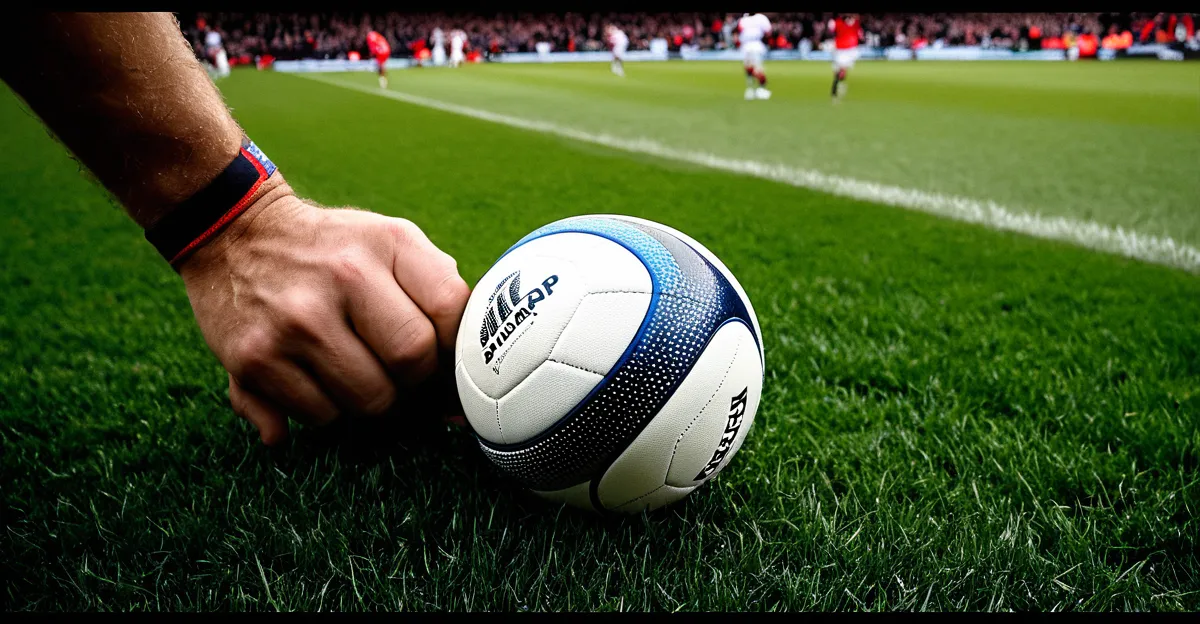Historical Foundations of British Sporting Culture
The origins of British sports trace back to medieval times, where informal games gradually evolved into organised activities. The development of organised sports in Britain was heavily influenced by the country’s public schools in the 19th century. These institutions played a pivotal role in codifying rules, transforming disparate local games into standardised sports.
Public schools focused on discipline and character building, which shaped early British sports history. This codification led to the formalisation of sports like cricket, rugby, and association football. The establishment of governing bodies ensured consistent regulations and fair play across regions.
Also read : What Are the Future Predictions for UK Sports in the Next Decade?
These early sports carried significant social implications, reflecting class divisions of the time. Traditionally, cricket was associated with the upper classes, while football grew among the working classes. Local clubs provided a sense of community, yet sports often mirrored society’s existing hierarchies.
Overall, the historical foundations laid by public schools and codified rules created a framework fostering organised competition and sportsmanship, pivotal in shaping traditional sports in the UK today.
In parallel : How Are UK Sports Venues Adapting to Sustainability Challenges?
Major Sports and Their Societal Impact
British sports history prominently features football, cricket, and rugby, each shaping distinct cultural narratives within the UK. Football in Britain, often called the nation’s sport, commands immense national passion, uniting diverse communities regardless of class or region. Its origins in working-class areas fostered a sport deeply intertwined with local identity and communal pride. Conversely, the cricket tradition UK embodies more than a game; it reflects longstanding customs and the stately decorum linked to British society’s upper echelons. Cricket matches often serve as social occasions, sustaining historical ties between sport and class.
Rugby culture UK similarly balances tradition and regional loyalty, particularly thriving in Wales and parts of England. The sport’s physicality and teamwork embody values rooted in British sports history, presenting a platform for national pride and camaraderie.
These sports influence social structures by offering shared experiences and rivalries, yet they also reveal class and regional distinctions. Football’s inclusive accessibility contrasts with cricket’s association with traditional British sports institutions. Understanding the societal impact of these three major sports clarifies how community identities and national spirit thrive through athletic competition in the UK.







